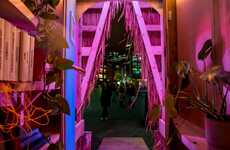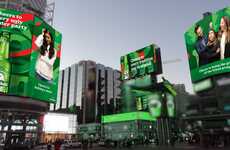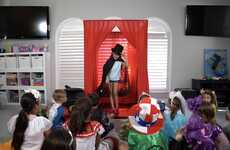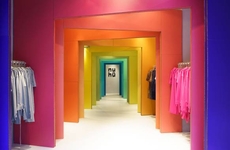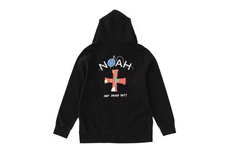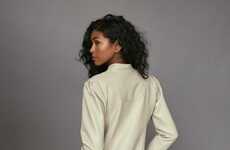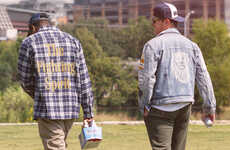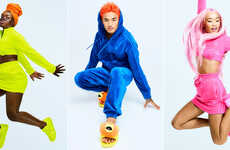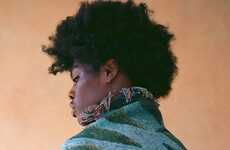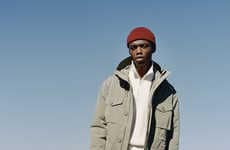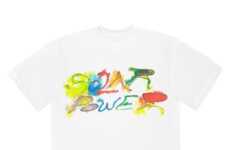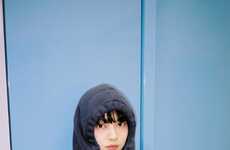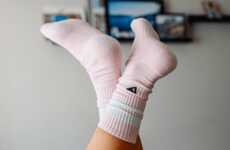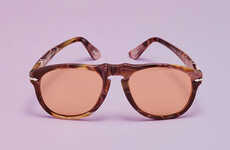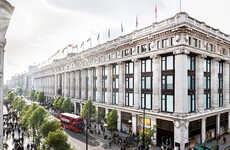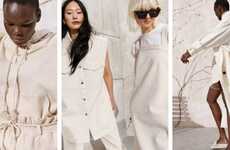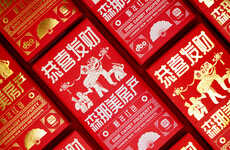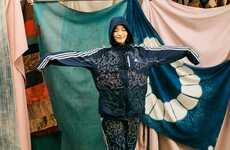
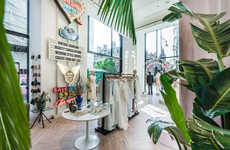
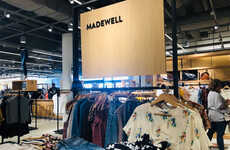

Branded pop-ups tout the benefits of the circular economy
Trend - Fashion and accessory brands are curating pop-ups that feature used and upcycled products in the hopes of both promoting their brands, and educating visitors on how to be part of the circular economy.
Insight - Adhering to principles of sustainability has become crucial for brands that are trying to remain relevant--particularly as climate change worsens and its impact on the environment causes anxiety among consumers. On average, consumer opinion is aligned with science in this space, and more are pushing for brands to do their part in reducing their impact.
Insight - Adhering to principles of sustainability has become crucial for brands that are trying to remain relevant--particularly as climate change worsens and its impact on the environment causes anxiety among consumers. On average, consumer opinion is aligned with science in this space, and more are pushing for brands to do their part in reducing their impact.
Workshop Question - How is your brand authentically prioritizing sustainability?
Trend Themes
1. Circular Economy - Fashion brands are curated pop-ups featuring used and upcycled products to promote their brands and educate consumers on how to be part of the circular economy, opening disruptive innovation opportunities for upcycling and vintage clothing markets.
2. Re-commerce Education - Fashion retailers are partnering with re-commerce companies to launch circular fashion stores that provide shoppers free educational tools regarding the power of sustainable fashion, opening opportunities for digital learning and interactive shopping experiences.
3. Clothing Exchange - Brands are hosting sustainable fashion pop-up shops with trading stations to encourage upcycling clothing and to connect with eco-conscious customers, opening opportunities for brand activation and circular fashion market development.
Industry Implications
1. Fashion Retail - Fashion retailers can leverage sustainability to remain relevant and attract eco-conscious customers through disruptive innovations in brand activation and circular fashion business models.
2. Re-commerce - Re-commerce companies can collaborate with fashion retailers to launch circular fashion stores and pop-up shops, improving their contributions to sustainable development through disruptions in business models and customer engagement.
3. Online Marketplace - Online marketplaces can explore experiential pop-up shops to educate consumers on the ease of selling secondhand items, responding to consumers' demand for sustainable and personalized experiences, and increasing the reputation of their brand.

